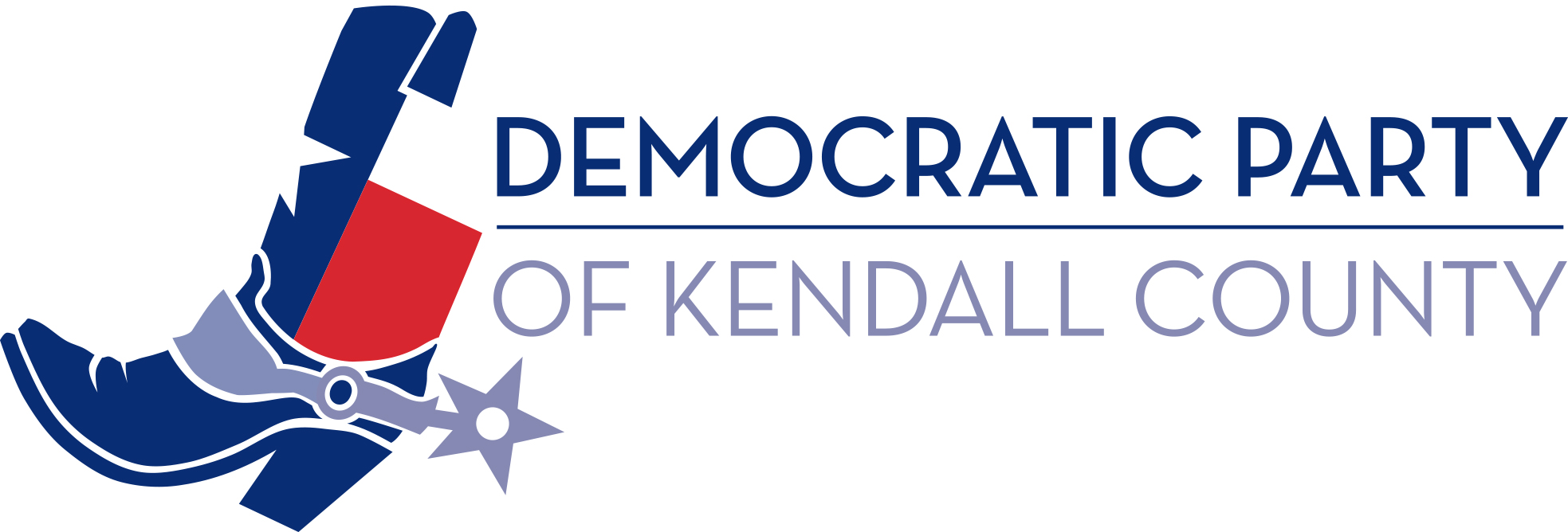By Laura Bray
For the “Progressive Views” column, Boerne Star, November 4, 2023

According to the Texas Drought Monitor (compiled by the University of Nebraska), Kendall County has been in the grip (and still is) of an Exceptional Drought—the highest level. Record-high summer temperatures—and the more rapid water evaporation they brought—didn’t help. Hopes are high for increasing rain due to the fall El Niño weather pattern. In the face of such persistent droughts, new ideas for water conservation and sustainability are welcome.
In its October 15 issue, the Boerne Star ran an article about the city’s new “Water Dashboard” program, the first of its kind in the nation. This innovative program won the Municipal Excellence Award for Public Works from the Texas Municipal League. Per the city’s website, “The Boerne Water Dashboard is a tool to provide water-related data to the public through a website that aims to help us all better understand where our water comes from and how it connects to water resources throughout the state.” The hope is that such centralized data will help with water sustainability and conservation.
It’s no surprise to anyone that Boerne (and Kendall County) are growing by leaps and bounds. Continued access to water and the need to increase that access will be crucial to future growth. “Currently, the City of Boerne has the ability to provide water to 40,000 people. With continued expansion of our reclaimed water system and conservation by users we expect that number can increase in future years,” said the city in a statement.
The Dashboard provides information on water sources, demand, rain, drought, reclaimed water, and more. It also includes rainfall totals from around Boerne.
The Dashboard was established in cooperation with the Internet of Water Coalition, whose goal is to develop a robust water data infrastructure in cooperation with local and state governments. The Coalition also seeks to “create a community of people and organizations using water data to make better decisions. We believe better data means better water management,” according to its website.
Another related initiative is the One Water approach. According to a recent article in the San Antonio Express-News, “The One Water approach recognizes that water has value in every form. Instead of planning and managing water in its different phases in separate silos, One Water calls for a holistic approach, with a focus on long-term stability and sustainability.” The article went on to highlight the first “One Water” school in Texas “to use an approach that promotes the management of all water — drinking water, stormwater, wastewater and gray water [domestic wastewater generated from streams without fecal contamination; i.e., all streams except from toilets] — as a single resource.” Blue Hole Primary in Wimberley collects and treats runoff and air conditioning condensate before sending it to flush toilets. That same water “makes its way through another treatment system and then into the drip irrigation on the [soccer] field. Over 30 years, the water harvesting and reuse at Blue Hole Primary is estimated to save about 237 acre-feet of water.”
In 2021, the Hill Country Alliance, in cooperation with the National Wildlife Federation, published a guidebook, “One Water in the Texas Hill Country.” According to the guidebook, “One Water strategies include 1) the use and reuse of water to expand water supplies; 2) the collection, treatment and management of water close to its source; and 3) the pursuit of all opportunities to minimize our overall water footprint.”
The Edwards Aquifer, which provides drinking water for the San Antonio area, gets lots of press. But here in Kendall County, our water comes from the less well-known—and slower-to-recharge—Trinity Aquifer. Blue Hole in Wimberley has been closed to swimming, and the upper Guadalupe has slowed to a trickle. The Trinity Aquifer also feeds the Edwards Aquifer. “Only about 5% of rainfall actually enters the Trinity to recharge it,” according to another article in the Express-News.
Unfortunately, the Texas Legislature has made it nearly impossible for counties to regulate development in unincorporated areas of the county. Residents exhort the Commissioner’s Court to halt or delay new development, but they have little to no authority to do so. Nor does our local groundwater district, the Cow Creek Groundwater Conservation District, have such authority. So there are few tools available to officials to manage water supplies.
It’s time to pressure our state representatives to give our local cities and counties more authority to regulate development, not less (as they passed in this most recent session).
For more information on how to get involved with the Kendall County Democratic Party or the issues we advocate for, visit www.kcdems.us.
Laura Bray is the Chair of the Kendall County Democratic Party.


